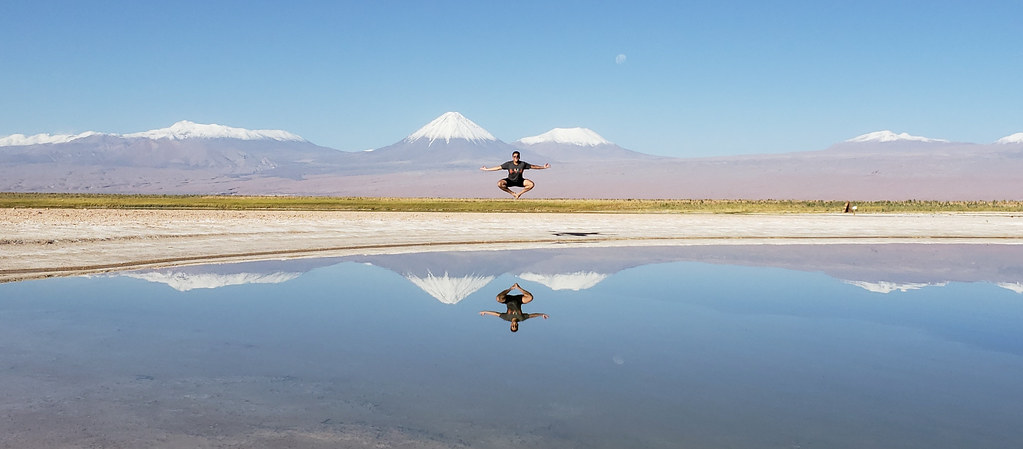Though this author frames the move to get permission from indigenous people as a “threat,” it’s actually a move to give the power back to the people…to respect the communities most affected by industry. It’s a step in support of community rights.
Published in Bloomberg News By Valentina Fuentes and James Attwood on January 25, 2022.
A proposal to suspend Chilean mining and forestry concessions that infringe on indigenous land was approved in the first instance by a committee as part of the drafting of a new constitution in the world’s top copper supplier and No. 2 lithium producer.
The motion is one one of the first flash-points between a society looking to enshrine environmental and social issues in the magna carta and natural resource industries struggling to meet rising demand for the building blocks of a cleaner economy. The constitutional process is shaping up as one of the biggest threats to production since Chile’s emergence as a major mineral producer.
Members of the environmental committee voted 13 in favor and four against on a plan to annul concessions granted without prior consent of indigenous groups, according to a document posted on the constitutional assembly’s website. Permits could be reinstated if communities agree after a consultation period.
Read More: Young and Green, They Are Rewriting Rules of Chile Copper Mining
While the proposal still requires final approval by the committee and by two thirds of the full constitutional assembly, it could trigger a technically difficult inventory of native territories. There may be even greater implications for Chile’s booming forestry industry given much of the plantations are on land that Mapuche groups claim was acquired under shady circumstances during the dictatorship of Augusto Pinochet in the 1970s…
See the full article on Bloomberg News.
Photo credit: “The Stone Lagoon (Laguna Piedra) at 2,400 meters (8,000 ft) above sea level, the Salar de Atacama, the Atacama Desert, San Pedro de Atacama, Chile.” by ER’s Eyes – Our planet is beautiful. is licensed under CC BY-NC 2.0

